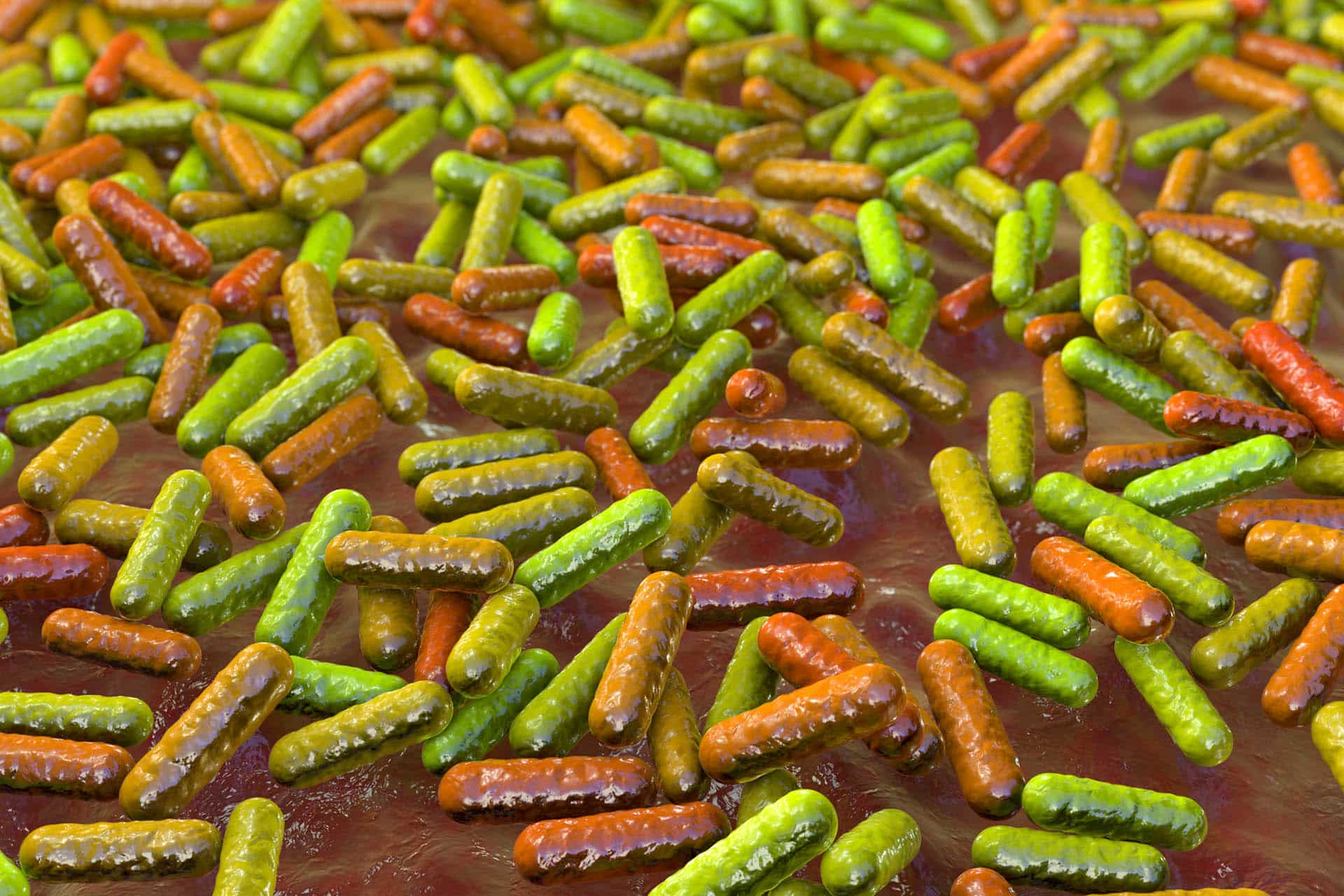Professor Raechelle D'Sa
Professoor in Antimicrobial Biomaterials
Raechelle's work aims to establish a platform of polymeric antimicrobial biomaterials using bioinspired active agents to treat multidrug resistant infections. In Raechelle’s lab, she aims to gain a fundamental understanding of these antimicrobials and create biomaterials-based vehicles/surfaces for the controlled and sustained delivery for a variety of applications.
Professor Roy Goodacre
Professor of Biological Chemistry
Roy's research interests are broadly within analytical chemistry applied to interesting biological questions. Roy has helped establish mass spectrometry-based metabolomics for long-term studies and is employing these methods for clinical and plant studies, as well as for understanding microbial systems. Roy has developed a variety of different Raman spectroscopy approaches for bioanalysis with a particular focus on metabolite quantification and chemical image analysis.
Dr James Hall
Tenure Track Fellow
James' work focuses on understanding MGE transmission and maintenance, and the consequences for microbial evolution. Mobile genetic elements (MGEs) are an inherent part of natural microbial communities. MGEs facilitate the transmission of genetic information between microbes, even between species. MGEs are responsible for the spread of many traits of clinical, ecological, and industrial interest, including antimicrobial resistance, catabolism of exotic carbon compounds, detoxification of heavy metals, and toxin production.
Dr Mal Horsburgh
Senior Lecturer in Functional and Comparative Genomics
Mal's research is focused on the study of microbial populations of human skin and unravelling the molecular ecology, genetics and pathogenesis of the bacteria Staphylococcus. Application of metagenomics, comparative genomics and physiology is employed to dissect the survival, competition and evolution of staphylococci.
Professor Greg Hurst
Professor in Evolution, Ecology and Behaviour
Greg's hypothesis is simple: many aspects of insect biology, ecology and evolution cannot be understood without understanding the microbes associated with the insect. Greg's goal is to determine these impacts, through laboratory work, thorough analysis in natural populations, and through mathematical modelling. Greg's functional and genomic analyses with laboratory experiments and analysis of patterns in natural populations. Greg's population/evolutionary dynamics work is commonly quite 'model-up' - working out what we expect from assumptions and seeing if it happens.
Professor Douglas Kell
Research Chair in Systems Biology
Douglas' current interests include anti-microbial resistance, membrane transporters, especially of pharmaceutical drugs, dormant microbes as elements of supposedly non-communicable diseases, iron dysregulation, and enzyme improvement using the methods of synthetic biology.
Dr Shan Luo
Lecturer in Ecology
Shan’s research focuses on causes and consequences of biodiversity from the perspective of plant-soil interactions. Shan aims to understand the composition of soil microbial communities and how this links to plant community structure and ecosystem functioning under environmental change. Shan combines lab- and field-based experiments and global-scale data syntheses.
Back to: Microbiome Innovation Centre
